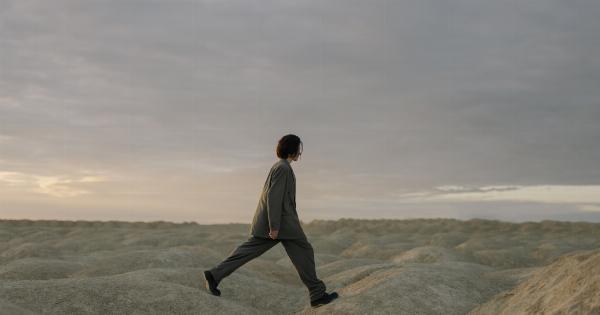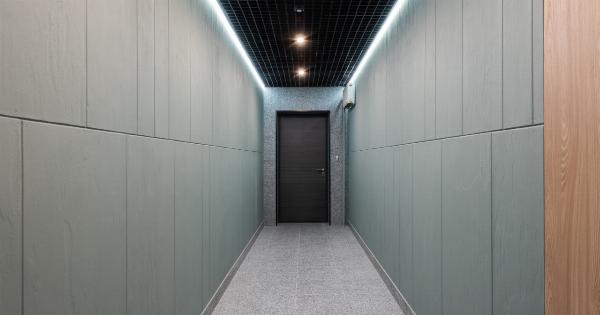Headaches can often be triggered by certain stimuli such as stress, dehydration, lack of sleep, or bright lights. However, some headache triggers can be paradoxical in nature, meaning that they have the opposite effect of what would be expected.
Here are five paradoxical headache triggers to watch out for.
1. Exercise
Exercise is often recommended as a way to prevent tension headaches and migraines. However, for some individuals, vigorous exercise can actually trigger a headache.
This can occur due to a number of factors including dehydration, changes in blood flow, or tension in the neck and shoulders. It is important to stay hydrated during exercise and to warm up properly to reduce the risk of exercise-induced headaches.
2. Certain Foods
Certain foods and beverages are known to trigger headaches in some people. However, for others, avoiding these trigger foods can actually increase their likelihood of getting a headache.
This paradoxical effect is known as a “rebound headache” or “medication overuse headache.” Some examples of trigger foods include caffeine, alcohol, chocolate, aged cheese, and processed meats. It is important to pay attention to your individual triggers and to gradually reduce your consumption of these foods to avoid rebound headaches.
3. Relaxation
Many people find that relaxation techniques such as meditation or yoga can help relieve tension headaches. However, for some individuals, too much relaxation can actually trigger a headache.
This may be due to changes in blood flow or tension in the muscles. It is important to balance relaxation with physical activity to avoid this paradoxical effect.
4. Changes in Weather
Changes in weather can be a trigger for some individuals with migraines or other types of headaches. However, some people may experience a paradoxical effect where certain weather changes actually relieve their headache symptoms.
For example, some people may find relief during a thunderstorm or on a cloudy day. Others may find relief when the weather changes from hot to cold or from dry to humid. It is important to pay attention to your individual triggers and to seek medical advice if you experience frequent headaches during weather changes.
5. Sleep
Lack of sleep is a well-known trigger for headaches. However, paradoxically, oversleeping can also trigger headaches in some individuals. This may be due to changes in the body’s circadian rhythms or dehydration.
It is important to maintain a consistent sleep schedule and to avoid excessive sleeping on weekends or days off to avoid this paradoxical effect.
Conclusion
Headaches can be a frustrating and debilitating condition. While certain triggers are well-known, it is important to be aware of paradoxical headache triggers that may have the opposite effect of what would be expected.
By identifying and avoiding these triggers, individuals can reduce their risk of headaches and improve their overall quality of life.





























